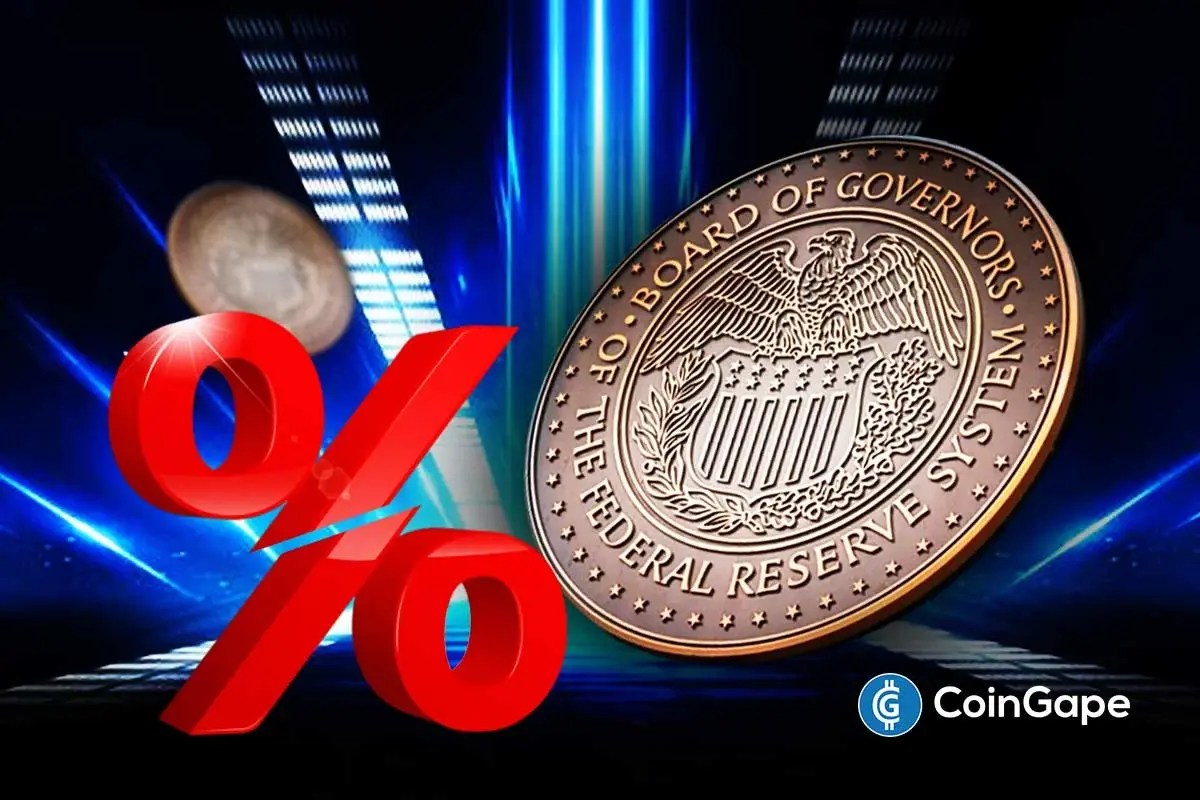India to Launch RBI-Backed Digital Currency and Discourages Unbacked Crypto
TLDR
- India’s digital currency will be backed by the Reserve Bank of India.
-
Non-asset-backed cryptocurrencies face heavy taxes to discourage their use in India.
-
The RBI’s digital currency aims to simplify transactions and reduce paper usage.
-
India’s government continues to favor state-backed digital currencies over private crypto.
India is moving ahead with plans to launch its own digital currency, supported by the Reserve Bank of India (RBI). Union Minister Piyush Goyal confirmed the launch while addressing concerns about non-asset-backed cryptocurrencies. The move to introduce a state-backed digital currency is intended to simplify transactions, reduce paper consumption, and provide faster, traceable payments. At the same time, Goyal reiterated that India does not encourage cryptocurrencies that lack government or asset backing.
The government’s digital currency will be guaranteed by the RBI, ensuring that it is securely backed by the country’s central bank. This currency, aimed at easing transactions, is expected to be faster and more efficient than traditional banking methods while also offering traceability for transactions. Goyal made it clear that India’s digital currency will operate under the assurance of the central bank, in contrast to private cryptocurrencies that lack such backing.
Government’s Stance on Non-Asset-Backed Cryptocurrencies
Despite the introduction of the RBI-backed digital currency, India’s stance on cryptocurrencies that are not backed by assets or a central authority remains firm. Goyal emphasized that while there is no outright ban on such cryptocurrencies, the government heavily taxes them to discourage their use.
He pointed out the risks associated with cryptocurrencies that lack proper backing, stating that users might find themselves stuck with assets that have no clear value or accountability.
The government’s tax policy on cryptocurrencies without sovereign backing is a clear signal of India’s strategy to deter speculative and unregulated digital assets. By imposing these taxes, India aims to limit exposure to high-risk investments that could lead to financial instability for individuals and institutions alike. Goyal’s comments also reflect the country’s broader caution toward private cryptocurrencies that operate without oversight or accountability from the central government.
India Digital Currency as an Alternative to Private Cryptocurrencies
India’s digital currency, which is expected to be backed by the RBI, will serve as a safer and more regulated alternative to private cryptocurrencies. The aim of launching this currency is to offer the public a secure method of digital transactions that benefits from the backing of the central bank, unlike cryptocurrencies that rely on decentralized systems.
The digital currency will also help streamline financial processes, making transactions more efficient while reducing the reliance on paper money.
This aligns with the government’s focus on digitalization and modernization of the financial ecosystem. While cryptocurrencies have gained popularity globally, India’s government is emphasizing that only digital currencies with proper government or asset backing are suitable for mainstream use.
India Approach to Cryptocurrency Regulation and Future Prospects
India has long been a center of crypto activity, with increasing adoption among users and businesses. However, the government’s regulatory approach to cryptocurrencies remains conservative. While private cryptocurrencies have seen substantial growth in the country, their future remains uncertain, particularly without the backing of the central government.
The recent announcement of the RBI-backed digital currency further solidifies India’s preference for state-controlled digital assets over private cryptocurrencies.
India is not alone in this regard. Many other countries are exploring or implementing their own central bank digital currencies (CBDCs) to offer a secure and stable form of digital money. The RBI’s initiative is part of this global trend, and it could pave the way for a broader shift toward government-backed digital currencies worldwide.
The post India to Launch RBI-Backed Digital Currency and Discourages Unbacked Crypto appeared first on CoinCentral.
You May Also Like

Fed Makes First Rate Cut of the Year, Lowers Rates by 25 Bps

Meanwhile, Bitcoin Life Insurance Company completed $82 million in financing, led by Haun Ventures and others
